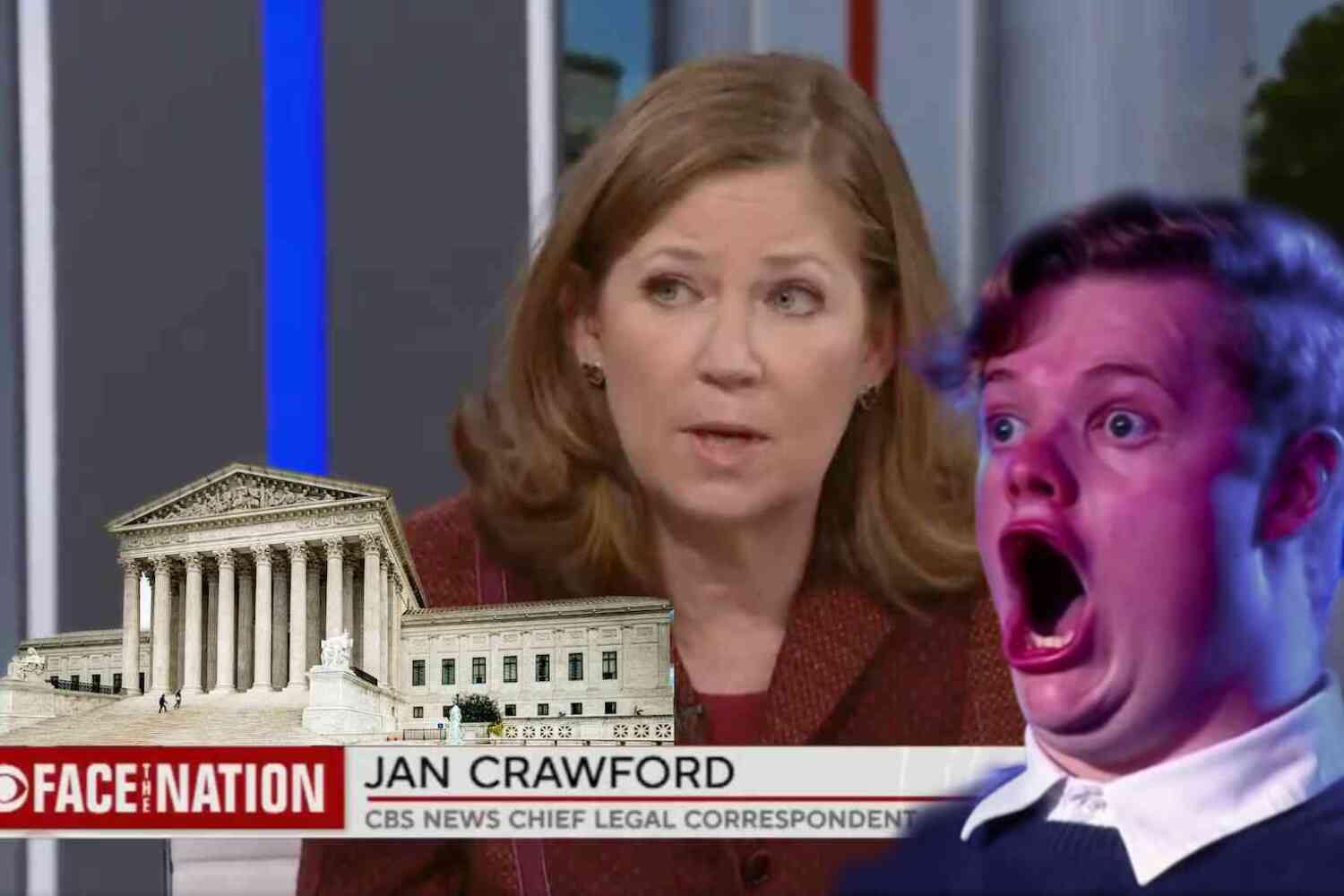The International Monetary Fund – that group of global elitists who unveiled their idea this year for a "Great Reset" of world economies through climate-focused socialism – have come up with another novel idea for the new world order:
Basing your credit score on your browser history.

At its core, the recommendation was built off a working paper discussing how banks can move away from brick-and-mortar locations and reach new customers while competing with Big Tech, which has circumvented the need for banks with digital transaction apps and currency. The authors of the paper postulated ideas for reaching the 1.7 billion "unbanked" individuals in the world using the tools Big Tech uses to tailor ads and services to consumers.
After all, every time you type something into Google, it records that search and cross-references it with data from your Gmail, videos you watch on YouTube, and where you went last Friday using Google Maps.
Equally as powerful, Facebook knows who your closest friends and family are, what you like, what groups you follow, what your closest-held beliefs are, who you vote for, and is pretty good at guessing your deepest secrets and dreams.
Naturally, banks want in on this digital access to customers.
"Communication innovation is driven by the variety of digital platforms in social media, mobile communication, and online shopping that have penetrated much of consumers' everyday lives, thus increasing their digital footprint and the available data," said the IMF authors in a new blog post. "Platforms like Amazon, Facebook or Alibaba incorporate more and more financial services into their ecosystems, enabling the rise of new specialized providers that compete with banks in payments, asset management, and financial information provision."
Banks have to rely on a mixture of personal relationships, collateral, and credit scores to assess the risk of investment. Yet sometimes, those aren't enough – the IMF gives an example of an ex-pat moving back to the States with no credit history as an example. Access to digital resources would help paint a better picture of potential customers. If Google, Amazon, and Facebook can know your deepest secrets, why can't they?

"Recent research documents that, once powered by artificial intelligence and machine learning, these alternative data sources are often superior than traditional credit assessment methods," said the IMF researchers, talking about "the type of browser and hardware used to access the internet, the history of online searches and purchases" that would determine someone's credit score.
The fundamental principle is that a bank could see your data to get a better view of your spending habits.
The problem is that it won't stop with analyzing purchasing patterns.

Let's say the bank had access to "the type of browser and hardware" you are using, in addition to your "history of online search and purchases."
Say they start noticing certain trends with their customers. Perhaps they notice that you bought a hotel room and a Trump flag on the day of a MAGA rally in your city. Perhaps they see that you're into guns and have purchased an AR-style weapon in the past year. Maybe they see you've purchased books by Christian authors that decry a wholesale adoption of the LGBT movement. They might also see you disagree with the Green New Deal. Or finally, they might see you watch a lot of Pastor John MacArthur defying government lockdowns, or that you've pre-ordered Jordan Peterson's new book (no personal projection on this last one at all).
How do you think their policy might change once such trends are noticed? Aside from the insane breach of privacy, it represents even at its most "innocent" level, how long do you think it would take for this data to be used like a club against those that hold different views from the Woke ruling class?
In the end, such a policy will financially penalize those who buy unapproved items, are connected to canceled people, or visit websites encouraging wrongthink.
We already see this happening with Big Tech. What were meant to be platforms for social interaction have been severely hampered by "community guidelines" that inundate you with one-sided fAcT-cHeCks, ban anyone with a differing opinion, and increasingly limit marketplace transactions. While the average person still has the ability to not participate in these platforms, businesses are largely beholden to them. Should they excommunicate you, you're in dire straits.

How much worse do you think it would be if every financial institution had that same power?
- Want a car loan? Sorry, but you read that new story from the New York Post on Hunter Biden last week.
- Need a mortgage to become a landowner? Sorry, you were reading a homophobic article yesterday about the biblical framework for marriage between one man and one woman.
- Need to open a bank account? Well shoot, guess you shouldn't have donated to that conservative politician or liked the status of a MAGA-hat-wearing friend.
- Want that new job? Our apologies, but the employer saw your score was dinged by reading articles that challenged the sCiEnCe of mask mandates and/or climate change policies.
That's a super-slippery slope, and like the whole idea of the "Great Reset," I'm going to take a hard pass.










